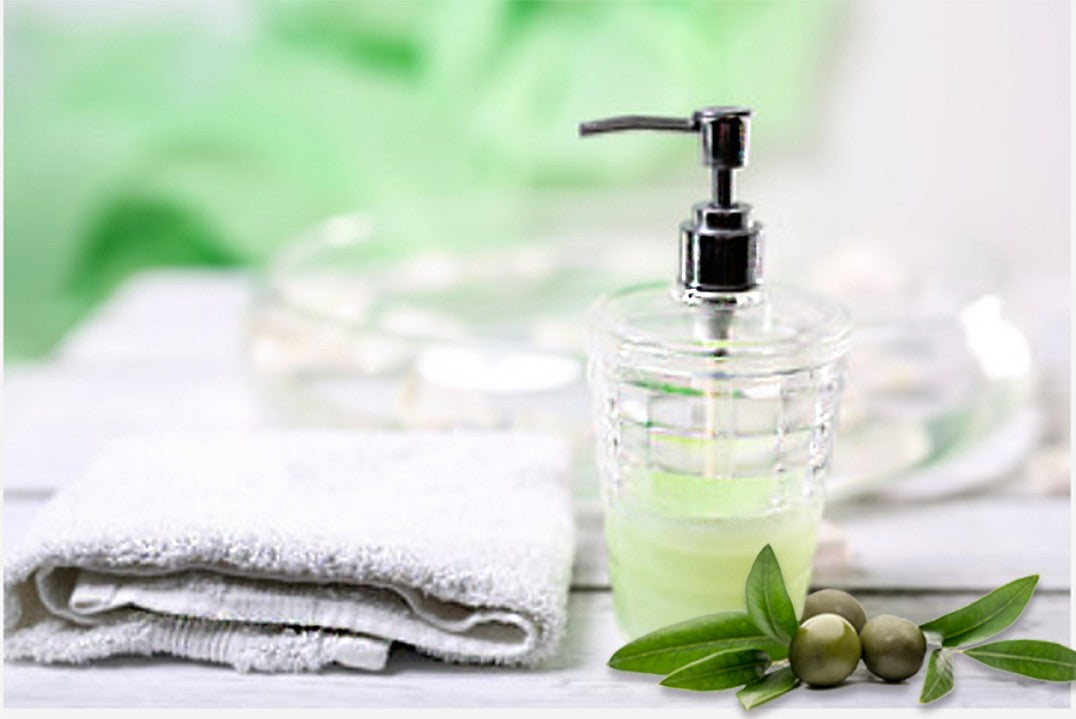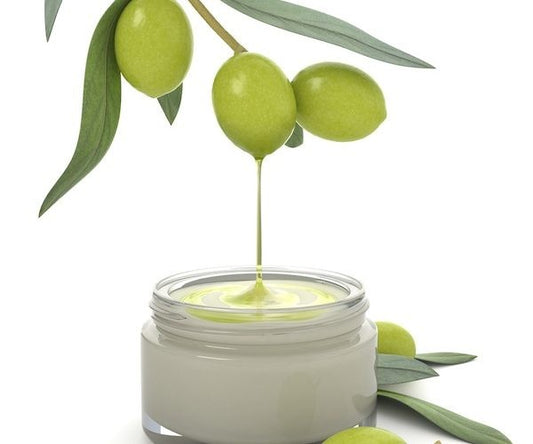
INTIMATE IRRITATION: FORGET IT WITH CORRECT PERSONAL HYGIENE
THE INTIMATE CLEANSER, BEST FRIEND FOR FEMALE AND MALE INTIMATE HYGIENE
Personal hygiene is the first step in preventing numerous pathologies and is even more important when it comes to the most intimate parts of each of us and in particular the female parts, physiologically the most at risk. If at the onset of these disturbances it is essential to consult a doctor, it is however possible to prevent the onset of irritation, burning or other disturbances. In fact, by observing some small rules of personal hygiene and using a good intimate cleanser, candida, gadnerella, cystitis and any other type of intimate irritation will only be a bad memory. The habit of correct intimate hygiene should therefore be taught from childhood so as to avoid the onset of discomfort in adulthood.
The main causes of intimate discomfort
Our grandmothers did not suffer from many of the intimate annoyances that the modern lifestyle has given us. In fact, there are many causes of these pathologies, most of which are linked to a sedentary lifestyle, diet and clothing.
Most of the inflammations and infections affecting the intimate parts, especially the female ones, derive from some bacteria which, under normal conditions, populate the intestinal or vaginal bacterial flora but which, in the presence of some triggering factors, proliferate uncontrollably.
The introduction of refined foods, rich in hidden sugars, has created a fertile ground for these bacteria and at the same time has weakened the other components of the flora which are in charge of contrasting them.
Another triggering cause is stress which, causing a weakening of the normal immune defenses can lead, in the most predisposed subjects, to imbalances in the composition of the bacterial flora of the intimate parts.
It may seem strange, but clothing is one of the main causes of the onset of intimate irritation. In fact, especially in women, the genital area is in itself a more humid and warmer area than the rest of the body and therefore constitutes the ideal environment for the proliferation of bacteria. Non-breathable clothing such as nylon or all synthetic fabrics in general, by not allowing air to circulate, contribute to overheating the area and not allowing perspiration, creating the ideal conditions for bacterial proliferation.
The same goes for the habit of sedentary lifestyle; sitting all day, in fact, helps to decrease perspiration in the genital area and increase its temperature. Finally, tight pants and jeans, as well as being less breathable than our grandmothers' skirts, compress the area and create friction, irritation and injured areas more prone to infections.
In these circumstances, therefore, correct intimate hygiene becomes even more important, being less numerous than other good healthy habits for our most precious bacterial flora.
But, how to wash female private parts?
It is essential to cleanse only the external private parts and never the internal ones. In fact, if vaginal douches are effective if carried out on the doctor's advice for the treatment of certain pathologies, they are however superfluous for daily intimate hygiene or indeed they can be deleterious because they alter the balance of the bacterial flora.
Cleansing must always take place from top to bottom so as to avoid contamination with bacteria present in the intestine. Avoid promiscuous use of underwear and towels which must always be strictly personal, to avoid contagion, and washing at 90° which allows the elimination of any bacteria present. In case of ongoing infections, dry the area with paper, so as to be sure that the towel used daily has not become fertile ground for the multiplication of the bacteria responsible for the irritation.
It is recommended to wash once or twice a day with a good natural intimate cleanser, alternating with water-only washes. In fact, the excessive use of intimate soap can also lead to alterations of the bacterial flora or to excessive dryness of the tissues. It is possible to increase the number of washes during the period of the cycle, remembering to change both external and internal absorbents often. In the latter case, it is not recommended to use it at night.
The characteristics of the best intimate cleanser
Every gynecologist will say that the use of an intimate cleanser, specially designed and formulated for feminine intimate hygiene already eliminates over 50% of the chances of contracting an intimate disorder.
The reason for the need to use an intimate cleanser compared to the use of ordinary soap is inherent in its pH. In fact, during the fertile age, the vaginal pH is slightly acidic and is around 4.5. Since its alteration can lead to imbalances in the bacterial flora, it is advisable to use acid intimate cleansers with a pH between 3.5 and 5.5. Conversely, traditional soaps have an alkaline (above 7) or neutral pH and are therefore not recommended for intimate hygiene.
The use of deodorants and perfumed sprays is absolutely contraindicated, as they could irritate the skin or create allergic reactions. For the same reason and given the delicacy of the area, avoid detergents containing surfactants of petroleum origin, dyes and other potentially toxic and irritating substances. Instead, it is always good to prefer intimate cleansers that are as natural as possible based, for example , on Marseille soap, which is hypoallergenic and completely biodegradable and, in its version based on olive oil, allows you not to alter the pH of the skin and avoid irritation.





